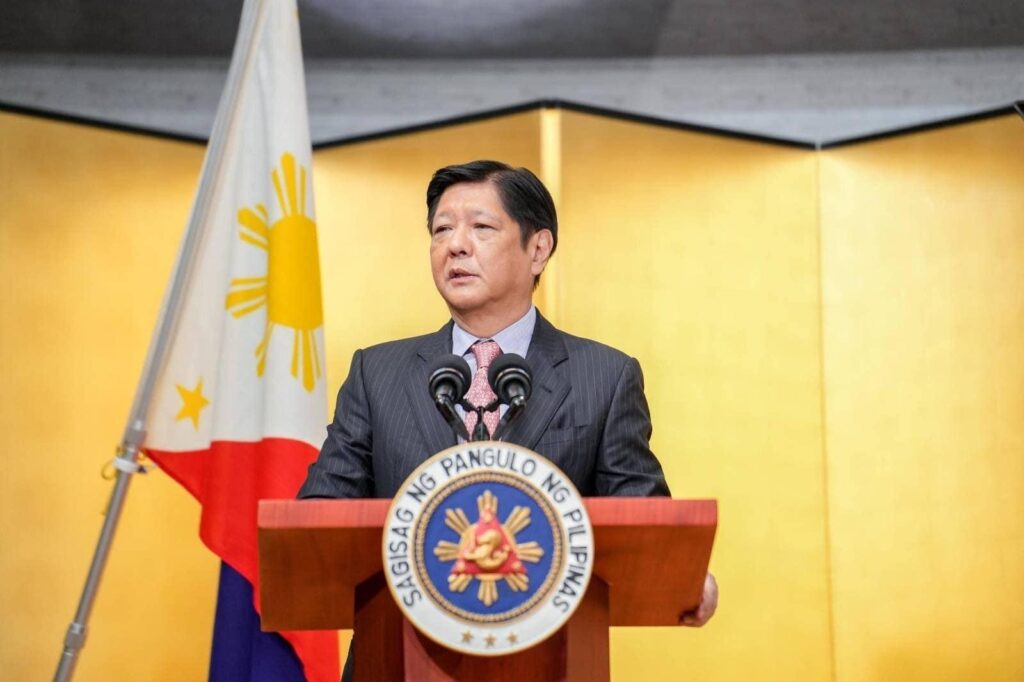
MANILA – President Marcos said the Philippines is capable of attracting more investments in the country and achieving its economic development agenda without amending the Constitution.
“It’s not a priority for me. Because…there’s so many other things that we need to do first, that we can still do, we can achieve. We can still attain our goals but within the present constitutional… the way the Constitution is written,” Marcos told reporters on the presidential plane in an interview Sunday en route to Manila.
Marcos made the remark as his allies in the House of Representatives, including his cousin, Speaker Martin Romualdez, started hearings last year on measures seeking Charter change (Cha-cha).
“I think the attempt, the reason it’s being talked about is the economic provisions. Sometimes that’s an obstacle – you know the issues there, the ownership of corporations, ownership of land…But for me, all these things discussed, we can do without changing the Constitution,” he said.
Marcos arrived in Manila Sunday night after a five-day official working visit to Tokyo, where he secured at least $13 billion or about P708.2 billion worth of investment deals estimated to generate around 24,000 jobs for Filipinos.
‘Final piece of puzzle’
In an interview on Friday with Filipino journalists who covered Marcos’ Japan visit, Romualdez said the Philippines has one of the most restrictive constitutions in the world.
“The Philippine Constitution unfortunately is known to be one of the most restrictive – the many prohibitions, the many limitations. So when we get back to Manila, we’ll continue the public hearings on the possibility of revisiting the possibility of Charter amendments,” he said.
The House leader believes that Charter change is the key to enhancing the country’s competitiveness, not just with its neighbors in Southeast Asia but the rest of the world.
“And obviously, we are making these consultations and we will see how we can probably make our Constitution more open and less restrictive because we feel that that is the final piece of the puzzle to bring about a better economic environment, a more open one to be more competitive,” he said.
“We believe that once we open it and once we revisit the economic provisions, to make it less restrictive but more open or more…or at least competitive to other constitutions, then I think we will get…the final success that we all have been looking for…the Philippines goes up from the Third World country tier to Second World…to a developed country status,” he said.
The 1987 Constitution was drafted by a 50-member commission handpicked by the late president Corazon Aquino after the ouster of Marcos’ father, the late president Ferdinand Marcos Sr., in a popular uprising in 1986.
Marcos, meanwhile, expressed confidence that more investments would come to the Philippines on top of the deals signed during his successful working visit to Japan.
The Chief Executive said he also looks forward to bolstering partnerships with Japan in terms of climate change mitigation and adaptation, which is one of the priorities of his administration.
In a speech here on Friday, Marcos said his administration has been working to deepen the confidence in the Philippines of foreign investors and companies.
He said the Philippines has been advancing vital and game-changing reforms to improve the country’s business environment, citing the economic liberalization laws and strategic reforms to attract companies and facilitate ease of doing business.
With the Retail Trade Liberalization Act, Public Service Act, Foreign Investments Act and provisions of the Corporate Recovery and Tax Incentives for Enterprises Act, Marcos said the Philippines’ policies offer more encouraging incentives to support foreign businesses.
“We are designing our efforts to encourage you to stay, and to find our country to be a place where your businesses will thrive,” the President told Japanese business leaders.
Foreign investors can also expect “very soon” reduced transaction costs in aspects of doing business in the Philippines with the signing of an executive order creating a green lane for strategic investments, the Chief Executive said.
Cha-cha consultations
Despite Marcos’ pronouncement that Charter change is not a priority of his administration, the House of Representatives will continue to hold public consultations on this, Cagayan de Oro City Rep. Rufus Rodriguez said yesterday.
Rodriguez, chair of the House committee on constitutional amendments, noted they “respect the opinion of President Ferdinand Marcos Jr. on constitutional amendment measures” and they will “consider it.”
“But as an independent branch of government, the House of Representatives and Congress will proceed with its public dialogues on this issue,” he maintained as the panel conducted yesterday the second leg of its regional public consultation on proposed bills on Cha-cha pending at the House.
Rodriguez made the statement in reaction to the pronouncement of Marcos that the country could still attract foreign investments without changing the 1987 Constitution which, according to the proponents of the House bills, contain “restrictive economic provisions.”
The 36-year-old Constitution prohibits foreign ownership in mass media and allows only 40 percent in land ownership and education facilities and 30 percent capital in advertising.
According to Rodriguez, the “overwhelming recommendation” raised during the panel’s hearing at the House and last week’s public consultation in Cagayan de Oro was to “rewrite the Constitution’s economic provisions to allow for more foreign investments.”
He said participants also suggested the calling of an elected constitutional convention to propose Charter changes.
“The emerging consensus is to relax restrictions on the entry of foreign capital into the country,” he pointed out.
Rodriguez gave assurance that his committee will hold more consultations in other parts of Luzon.
Earlier, Speaker Romualdez said that if the House decides to initiate the process of proposing amendments to the Constitution, its goal would be to “encourage investments that would generate more economic activities, job opportunities and income for our people.”
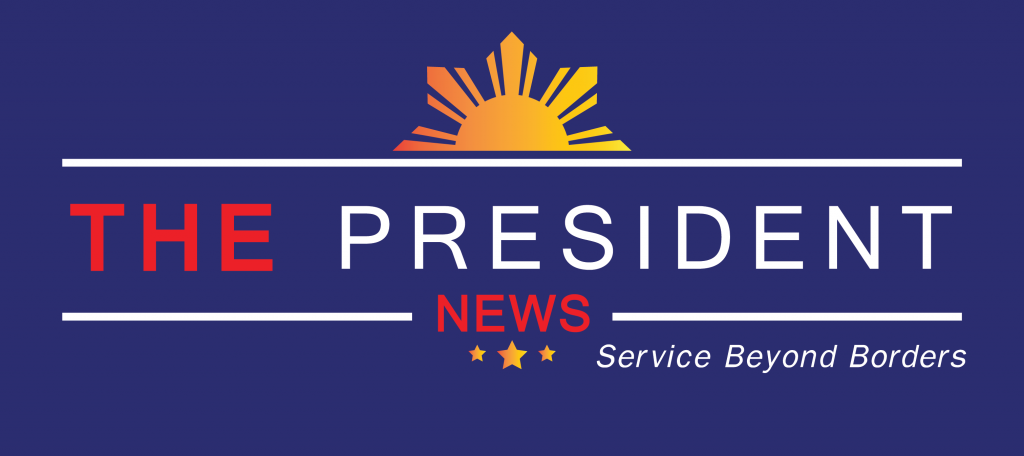

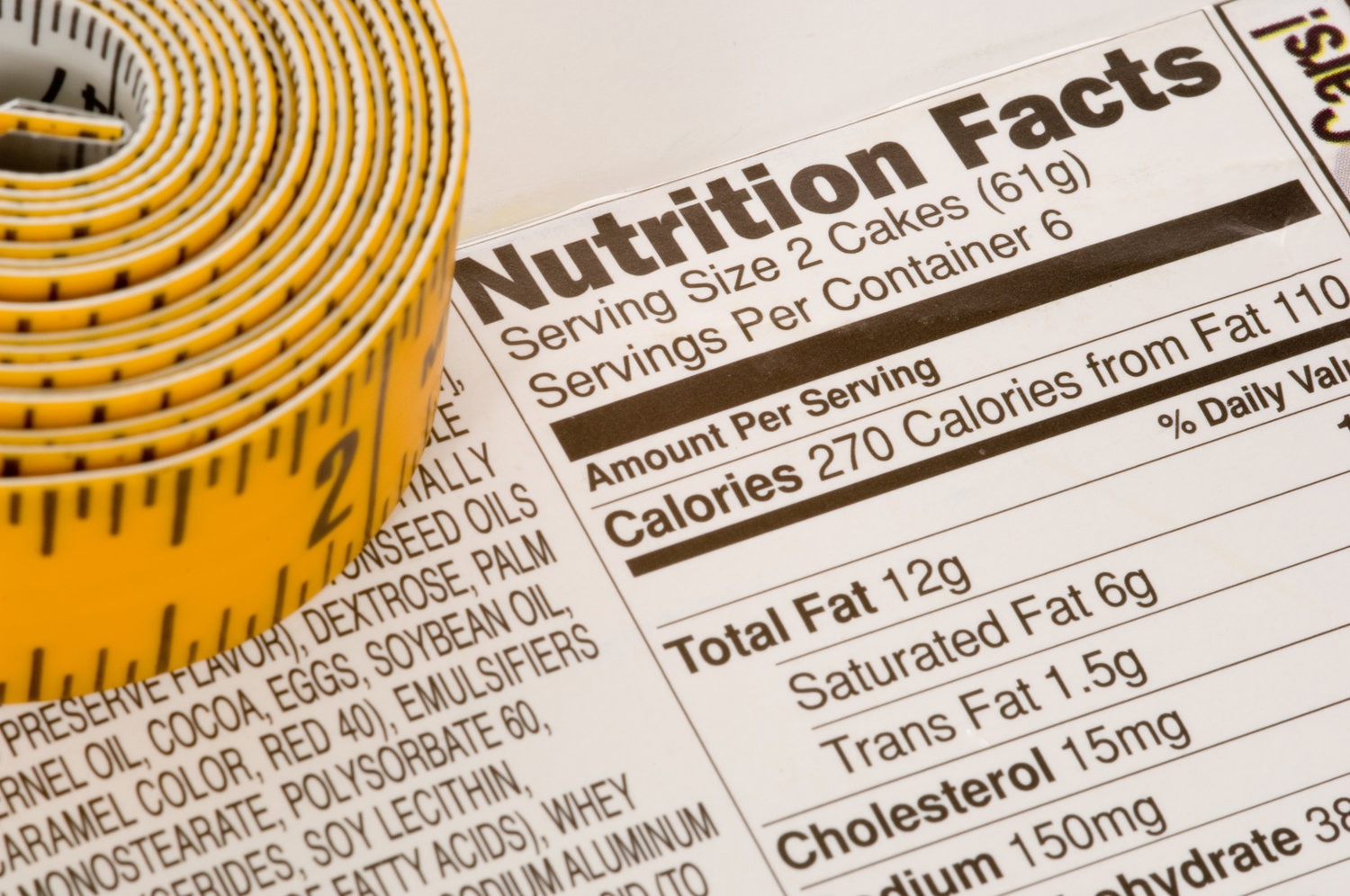
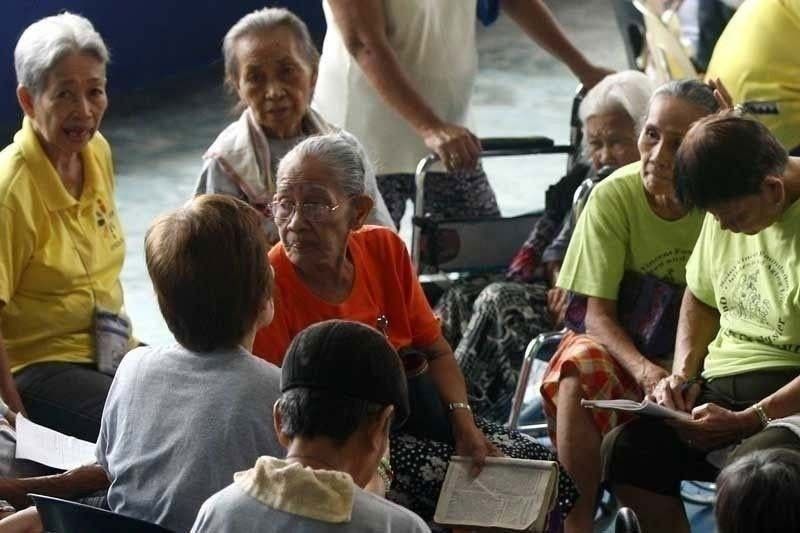



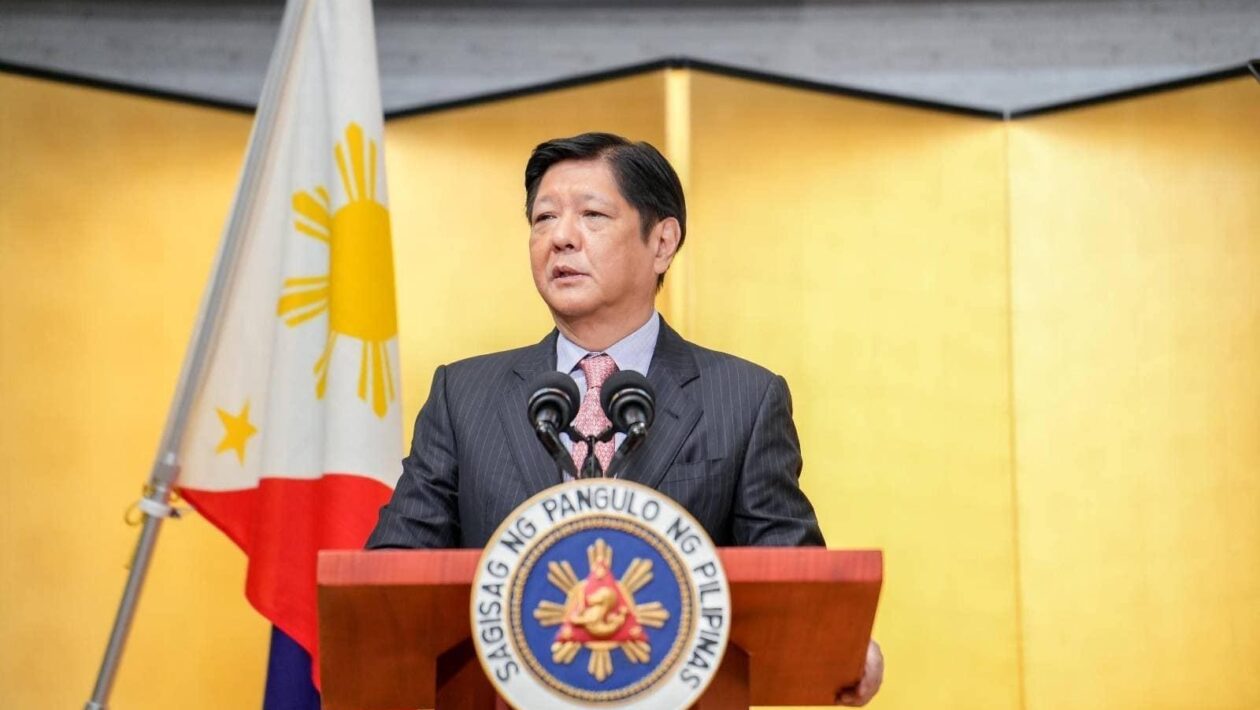

Attractive element of content. I simply stumbled upon your web site and in accession capital to assert that I get
in fact enjoyed account your weblog posts.
Any way I will be subscribing on your feeds and even I achievement you get admission to consistently fast.
Hi would you mind sharing which blog platform you’re working with?
I’m planning to start my own blog in the near future but I’m
having a tough time making a decision between BlogEngine/Wordpress/B2evolution and Drupal.
The reason I ask is because your design seems different then most blogs and I’m looking for
something unique. P.S My apologies for getting off-topic but I had to ask!